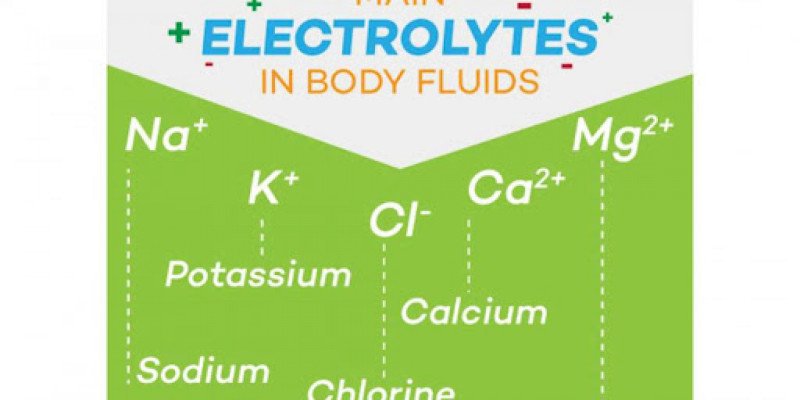With ever-increasing demand for biopharmaceuticals, viral vector production still faces purification challenges

With ever-increasing demand for biopharmaceuticals, viral vector production still faces purification challenges

Plasmids are vital in therapies, serving as templates for mRNA production, expressing therapeutic proteins, and acting as vectors in gene therapy. In mRNA therapy, they encode transient therapeutic proteins; in protein therapy, they produce recombinant proteins. Plasmid-based viral vectors deliver therapeutic genes for long-term expression in gene therapy. In cell therapy, plasmids genetically modify cells ex vivo for reinfusion. Additionally, plasmid DNA directly administers therapeutic genes in DNA therapy. Their versatility enables treatments for a range of diseases, including cancer, genetic disorders, and cardiovascular diseases, offering promising avenues for personalized medicine and improved patient outcomes.
The quality and scale of plasmids are pivotal factors in therapy development, influencing both safety and efficacy. Ensuring high-quality plasmids free from contaminants is essential to prevent adverse reactions and maintain therapeutic effectiveness. Quality control measures, including sequence verification and endotoxin testing, are critical to guaranteeing the purity and integrity of plasmid DNA. Moreover, scalability is paramount to meet the demands of clinical trials and commercial production. Scalable manufacturing processes enable the consistent and cost-effective production of plasmids at the required scale, facilitating their widespread application in gene therapy, mRNA therapy, and other therapeutic modalities. By prioritizing quality and scalability, developers can accelerate the translation of promising therapies from the lab to the clinic, ultimately improving patient access to innovative treatments and advancing healthcare outcomes.
Type and Press enter